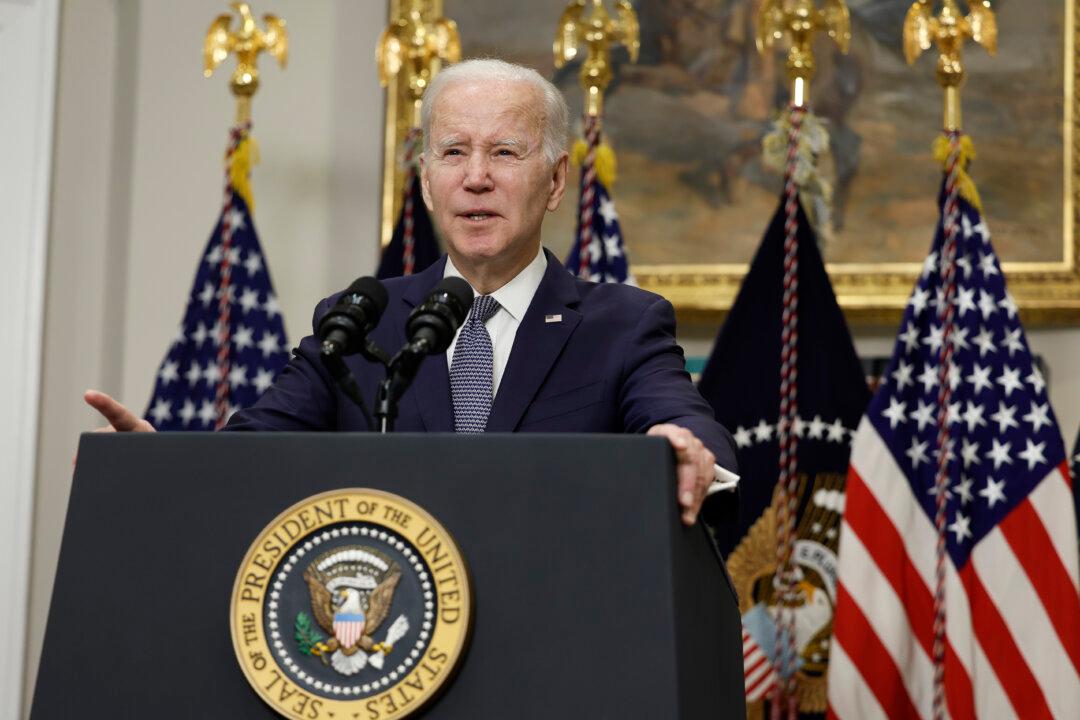The Biden administration remains undecided about replenishing the nation’s strategic petroleum reserves (SPR) even as oil prices have fallen to favorable levels and resources are at multi-decade lows.
Last year, the Biden administration sold 180 million barrels of oil from the SPR. In January 2021, when Biden became president, America’s SPR reserves stood at 638 million barrels. But, it has fallen to 371.58 million barrels as of the week ending March 10, according to U.S. Energy Information Administration (EIA) data. This is the lowest level since the 1980s. The Department of Energy (DoE) has said that it intends to replenish the reserves. However, there has been no update on when this will be done.





